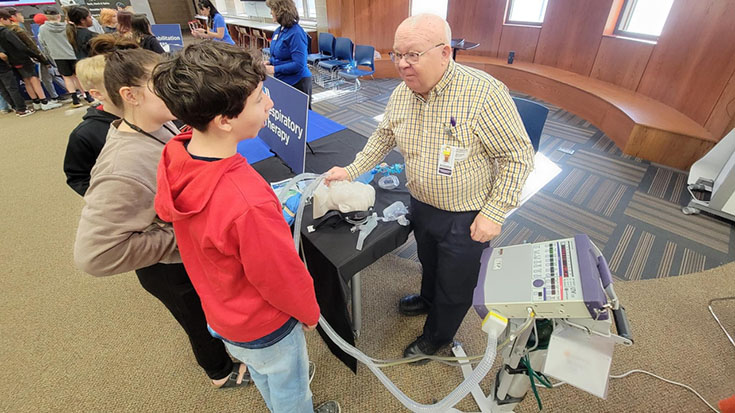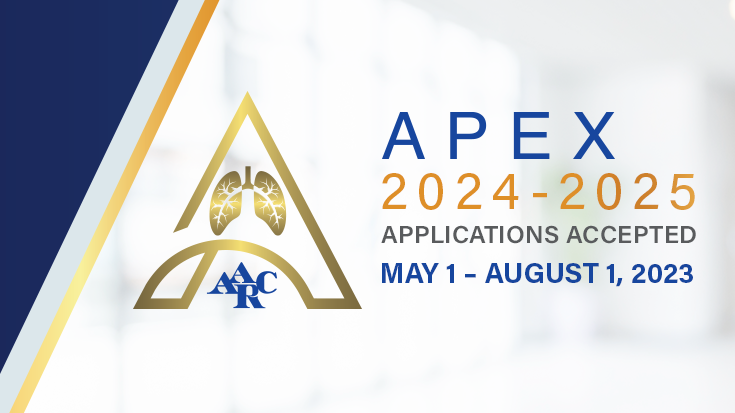
Communication…Teamwork…Adaptability…These soft skills, among others, bring value to your daily work. Combined with your technical skills, soft skills focus on how you do your job, not just on can you do your job.
What are soft skills?
Soft skills are traits that affect your ability to work with others. Contrasting, technical (or hard) skills are typically job-specific. Whereas, soft skills are the relational attributes that help you find success in the workplace.
Examples include:
- Communication
- Teamwork
- Adaptability
- Problem-Solving
- Creativity
- Work Ethic
- Interpersonal Skills
- Time Management
- Leadership
- Attention to Detail
- Critical Thinking
- Positive Attitude
What soft skills are important to managers?

Skills related to listening and thinking before you speak top the list for Jeff Thompson, MBA, RRT, RRT-NPS, director of respiratory therapy at the Floyd Medical Center sleep lab in Georgia.
“I believe being able to listen more than you talk is very important and allows you to take in more information to make a proper assessment of any situation,” Thompson said. “Also, controlling your temper–I struggle at times–and being able to step back from a situation and give it thought before you answer.”
What value do soft skills bring to the profession?
For Thompson, problem-solving has worked well for him in his organization.
“Evaluate the problem and also think outside the box,” Thompson said.
He then explained how respiratory therapists at Floyd are doing all PICC lines and midlines now, a change that happened through problem-solving and communication.
“It took me six years of saying we could before we ever got the chance. Now folks do not remember what it was like prior to us doing it,” Thompson said.
He also encourages RTs to learn to be creative and network.
“Establish a great relationship with nursing leaders on each floor or area. Those close relationships pay off over time,” Thompson said.
Email newsroom@aarc.org with questions or comments, we’d love to hear from you.















